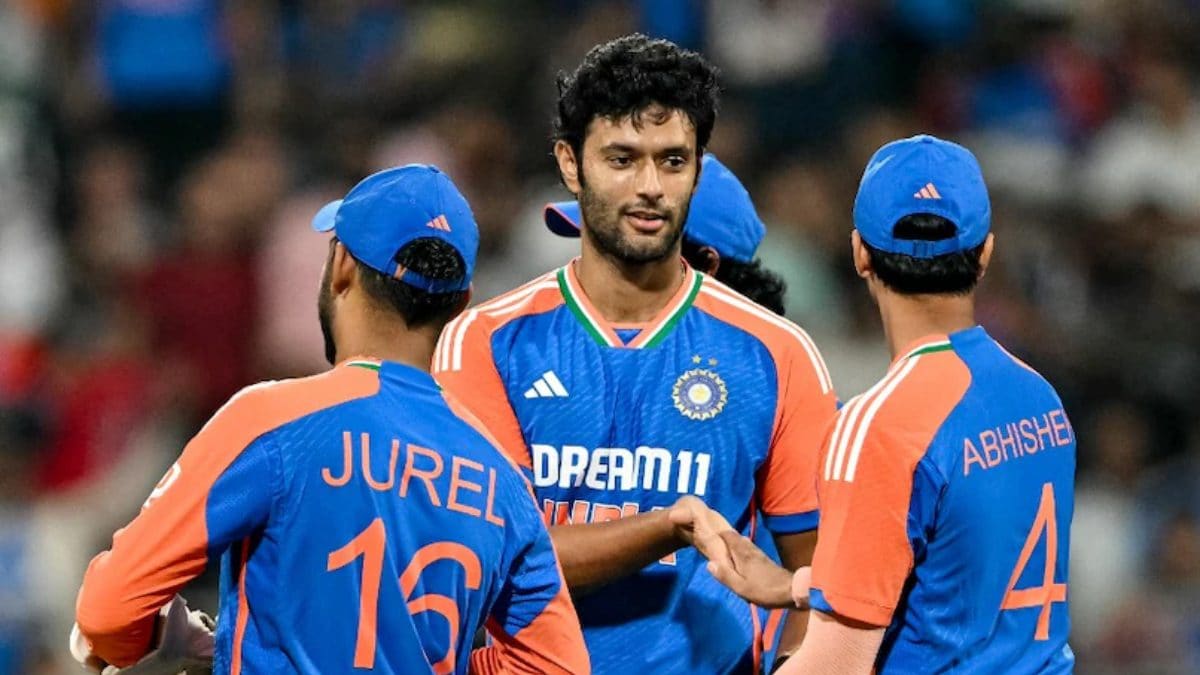

The International Cricket Council (ICC) has recently implemented a series of changes to its playing conditions across all formats of men's international cricket, with player safety and match efficiency being the central focus. Among the key updates is the introduction of a mandatory minimum seven-day stand-down period for players diagnosed with concussion, alongside other significant adjustments affecting ODI ball usage, boundary catches, Test match over rates, and more.
A primary concern addressed by the ICC is the well-being of players, particularly concerning head injuries. To that end, a new regulation mandates that any player diagnosed with a concussion during a match must observe a minimum seven-day stand-down period before being allowed to return to play. This decision, recommended by the ICC Medical Advisory Committee, aims to provide ample time for recovery and reduce the risk of further harm. In addition to this, teams will now be required to nominate their designated concussion replacements for the match. This curbs the advantage previously held by home teams, who have typically been able to choose from a larger pool of potential replacements.
Beyond player safety, the ICC is also tackling the issue of slow over rates, particularly in Test cricket. To combat this, a stop clock will now be implemented in Test matches, mirroring its successful introduction in white-ball cricket. According to the new rule, the fielding team must be ready to bowl the first ball of their next over within 60 seconds of the previous over's completion. Failure to do so for the third time in an innings (following two warnings) will result in a five-run penalty imposed against the fielding team on each occasion. To provide some leniency, the two warning sanctions will be reset to zero after 80 overs have passed, coinciding with the availability of a new ball, and again after any future blocks of 80 overs in that innings.
Changes have also been made to ODI ball usage. Previously, ODIs involved the use of two new balls from each end throughout the innings. The updated regulations stipulate that two new balls will still be used, but only for the first 34 overs. From the 35th to the 50th over, the fielding side will have the option to select one of those two balls, which will then be used from both ends for the remainder of the innings. This modification intends to manage ball wear and tear more effectively, potentially readdressing the balance between bat and ball, especially in high-scoring ODIs. If an ODI is reduced to 25 overs or fewer before the first innings begins, only one new ball will be used.
The ICC has also revised the rules pertaining to boundary catches. The new playing conditions now require that a fielder who makes airborne contact with the ball beyond the boundary must land and remain inside the boundary to complete a legal catch. If a fielder, after making their first contact with the ball, subsequently leaves the field of play, they can only make contact with the ball once more while airborne beyond the boundary. Having done so, they must land and remain wholly within the boundary. This applies even if another player completes the fielding. This change will be implemented in international cricket before it is included in the MCC Laws of Cricket next year.
In another significant move, the ICC will trial a new wide ball rule in ODIs and T20Is. This adjustment is designed to offer some leniency to bowlers when a batter moves around before or during a delivery. The position of the batter's legs at the point of delivery will now be used as the reference point for a wide, even if the batter subsequently moves across to the off side. The trial will see that a ball that passes the popping crease between the leg stump and the protected area marker will not be called a Wide.
The ICC has also suggested member Boards to trial a rule pertaining to replacement players in their domestic First-Class tournaments. The rule involves allowing a team to field a like-for-like replacement for a player who has suffered 'serious external injury'.